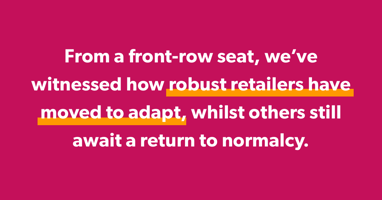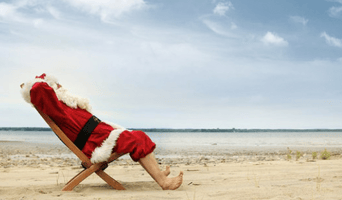It’s all good, until it’s not.
Last Mile, First Responder. The Role of the Gig Economy in the COVID-19 Pandemic.
Foot to the floor. That’s how we hit 2020 here at Sherpa. Steaming through our sixth year in business with a full tank of petrol and the windows down. But just a little further down the road, we’d take a detour that would make history.
COVID-19. It even sounds like an exit you’d take somewhere along the M31, just outside of Sydney. But as we, the nation and the world can now attest, it doesn’t look like we’ll see the highway again anytime soon.
The now infamous Coronavirus will leave its mark on every aspect of the modern world. Few saw it coming, and those who did may not have anticipated its scale or the catastrophic effects it would have on the economy.
The vast number of Australians working from home has seen the ubiquitous remodelling of businesses of all sizes into take away and home delivery outlets. As a result, the increase in delivery of pharmaceuticals, groceries, alcohol and other day-to-day supplies has been exponential.
But revamping an entire business in a matter of days with no prior warning isn’t easy, especially when your model is geared toward traditional strengths such as dine-in, on-site customer service or overall shopping experience. Demand is still as high as ever, but getting products into customers hands while they’re at home now poses new challenges. Especially with the instant gratification mindset of modern day consumers and no delivery fleet.
Customers don’t want things today, or tomorrow, they want them now. So if you can’t get it to them, they’ll find a business that can.
Enter the gig-economy. The dynamic scalability of crowd-sourced fleets has enabled thousands of businesses across the country to adapt to these unprecedented changes with speed and efficiency. These contemporary fleets, unlike their traditional counterparts, can deliver any category of product at affordable rates in under an hour. This has meant businesses struggling to survive amidst the COVID-19 pandemic have been able continue servicing their customer base with a quick and efficient pivot, rather than a revamp.
And so, hamstrung Aussie businesses have maintained forward momentum using the gig economy as their walking stick.
More prevalent than this, however, has been the revelatory nature of the global situation, which has opened the eyes of many businesses owners to the big wave brewing out the back; the on-demand requirements of the modern day consumer.
But some things never change and with a rise in demand, so too follows a spike in supply.
At Sherpa, we’ve been onboarding more than 250 drivers per day across the country since the first restrictions were put in place by the Australian Government. With subsequent lockdowns hampering the potential of Australians (in particular the casually employed) to earn income, many have turned to the gig-economy to continue earning.
Throughout the pandemic, the efficient onboarding processes of many gig economy players have been pivotal for thousands of Aussies, who now have a way to keep food on the table and a roof over their heads for the foreseeable future.
For us too, this has affected positive change in many ways.The economy will need ample time to recover, but during that time all that is needed to sign-up as a Sherpa driver is a valid Australian drivers license, proof of work permit and an insured vehicle.
With such a rapid turnaround for onboarding drivers, we’ve been routinely growing our motorcycle, electric scooter, car and truck numbers and won’t be hitting the brakes any time soon.
Here at Sherpa, the focus throughout the pandemic has been on helping Australian businesses adapt quickly to the changing climate. It’s not surprising that so many Aussies are happy to join our convoy, especially considering the limitations on earning income at the moment.
We’re hoping to see some open highway in front of us again before too long. But right now we’re stuck on this road that is COVID-19, and we’re not entirely sure where it will take us.
For now, the best advice seems to be the most cliched, and we leave you with it unashamedly.
‘It is not the strongest of the species that survives. Nor the most intelligent. It is the one that is most adaptable to change.’
Charles Darwin


